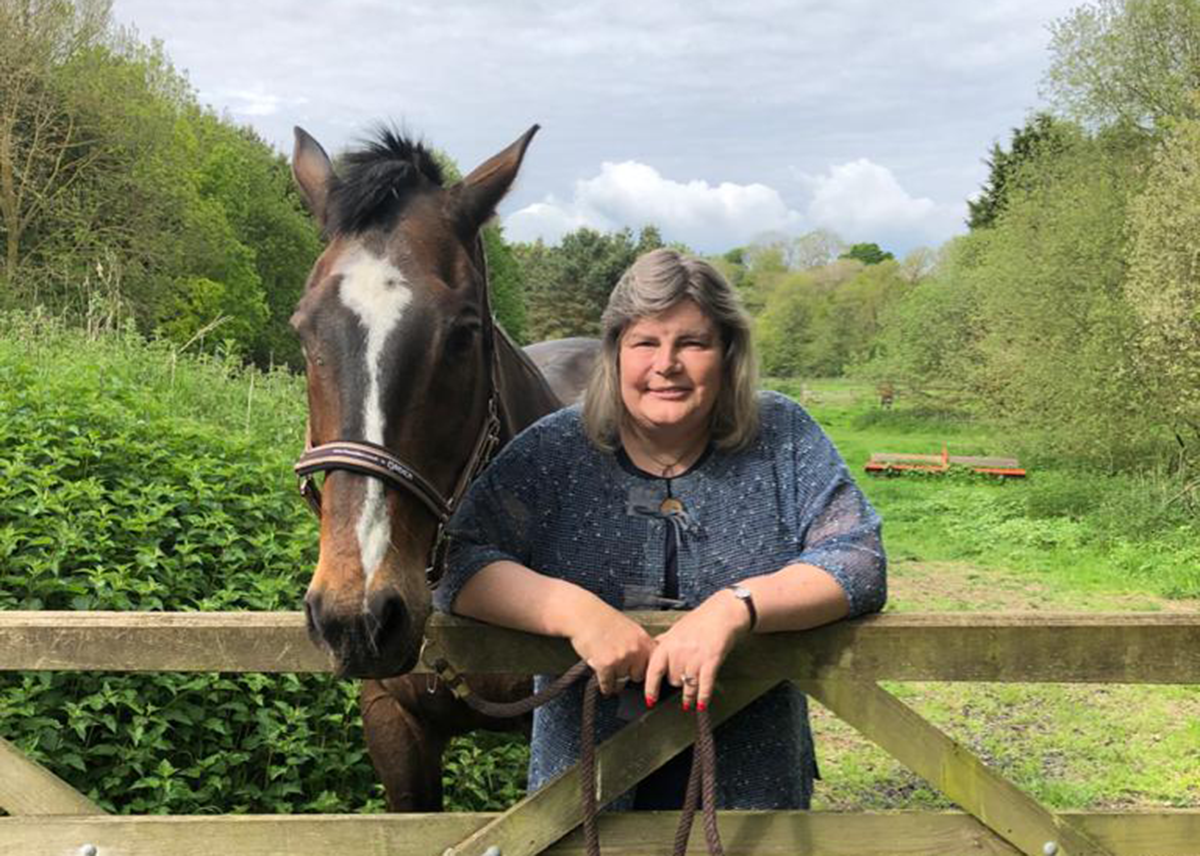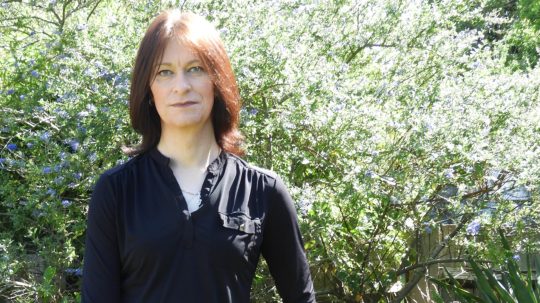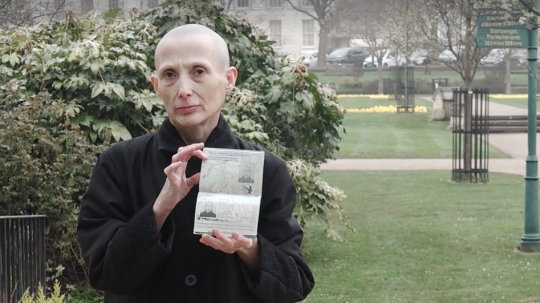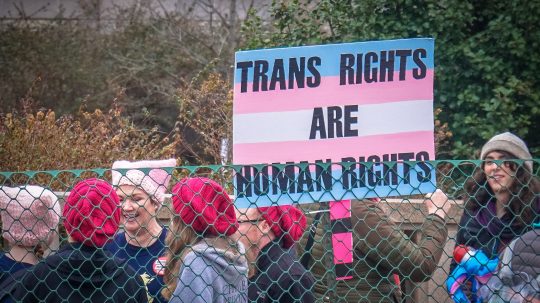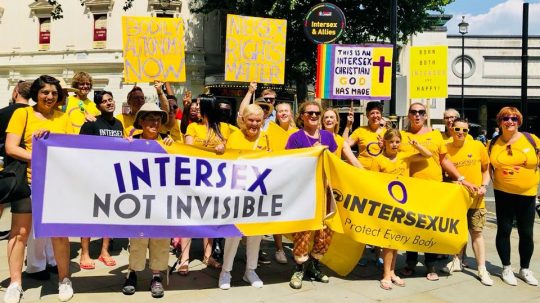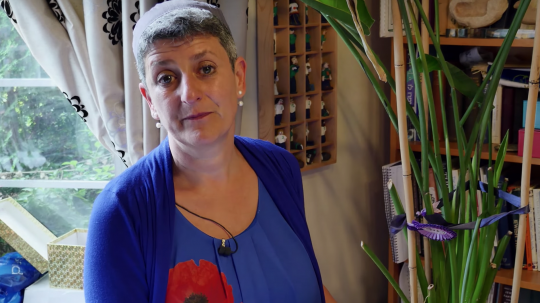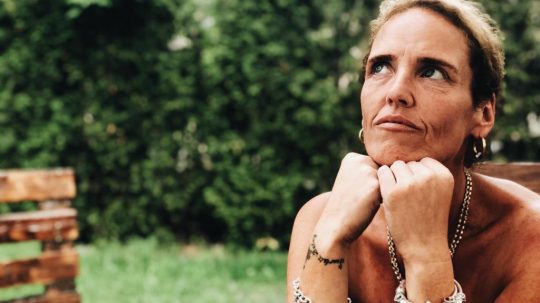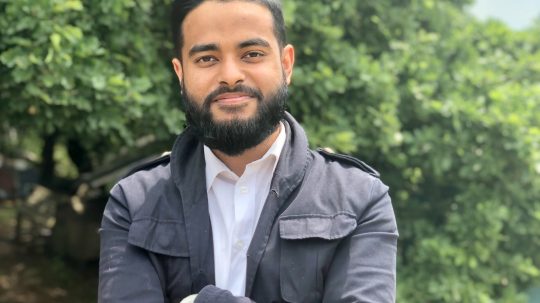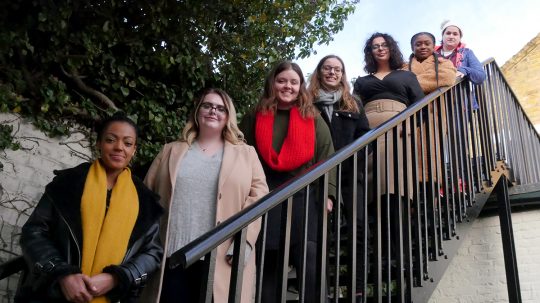Sue Pascoe has gone from successful business leader to becoming the Conservative party’s first trans woman candidate in a European election.
The 59-year-old endured poverty and abuse as a child but rose to become the UK head of shared services and outsourcing for the multinational firm PriceWaterhouseCoopers (PwC).
For decades she kept Sue – her true self – a secret, worried that she would not be accepted by society.
It was when she turned 54, having semi-retired from work and her two sons now fully grown, that she made her transition.
“In the end, finding the authentic me was the most magical thing,” she said.
“I did not realise how much of my brain capacity and energy had been taken up suppressing the real me from everyone else around me. The whole world had been lifted off my shoulders.”
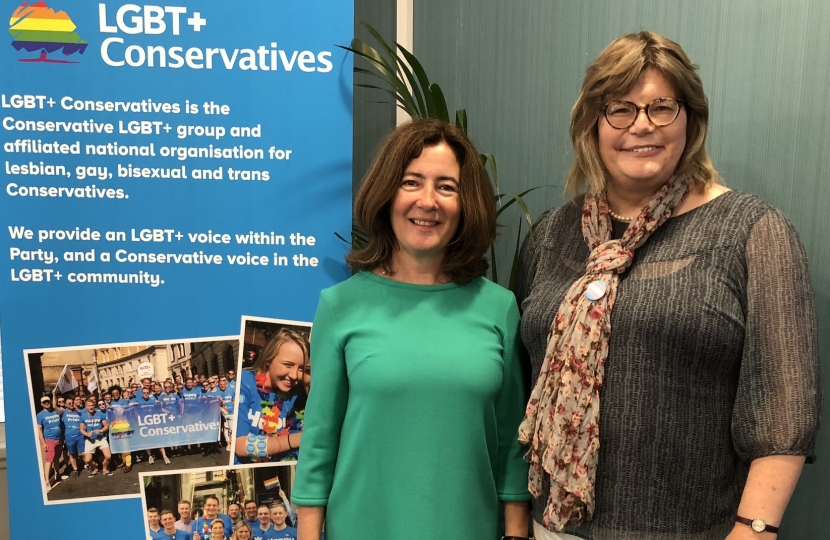
Sue Pascoe (right) was the Conservative Party’s first trans woman candidate in a European election. Credit: Supplied
Sue’s partner did not accept her transition and an acrimonious divorce left her temporarily homeless and penniless, she said. “My whole life collapsed … but I managed to claw it back.”
Sue describes herself as “openly a woman with a trans past – but I do not allow this to define who I am”.
Last year, the proud parent became the Conservative Party’s first trans woman candidate in a European election. She was also listed among PwC’s 50 inspirational people of 2019, coinciding with the 50th anniversary of the Stonewall riots.
Sue has advised UK broadcaster Channel4 on how to become a more inclusive organisation and is a trustee of Yorkshire’s largest LGBT charity. Amid the coronavirus pandemic, she has been volunteering her time with other Tory party members time trying to help procure protective equipment for charities working with schools and hospitals in Africa.
EachOther has put its big questions to Sue in an interview which covers everything from victimhood to identity politics.
Describe what you do in 15 words or less
Embrace life as it is. Journey with others. Sleep with my dog.
What is the most important lesson you learned while growing up?
Shoot for the stars and don’t allow others to make you a victim. My mum used to say to me: “If you put your mind to it you can do anything”.
I was born into a poor family. Mum split with my father when I was two years old. Mum was a raging alcoholic. I was a victim of child abuse – both mental and physical.
You would have put me on a piece of paper that said: “This kid has got no chance of being anything”.
Yet I got from there to be at the top of my profession. My stars changed completely.
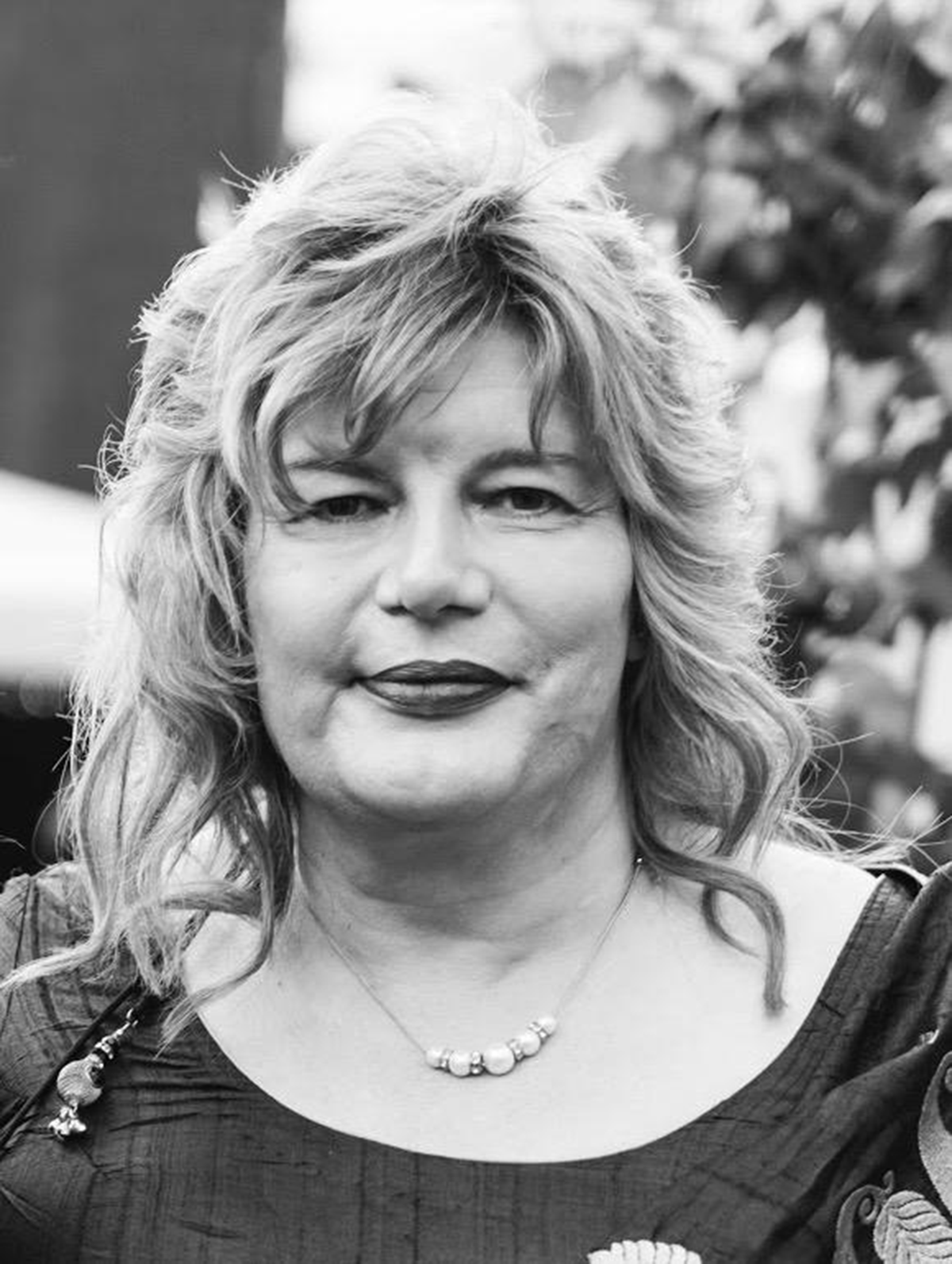
Credit: Sue Pascoe
The one thing I learned from that is that is that if you succumb to seeing yourself as a victim, the world will win and you will never get out of it.
It isn’t anything to do with my intelligence or that I was better than anybody else. It just is a choice not to be a victim.
Many of my friends were in the same situation as me. They chose to be the victim. They were subject to the same oppression I was. It gets a bit philosophical but you have to own your oppression. When you own it you can walk away from it.
What advice would you give a 10-year-old you?
Dream big. You can never dream too big at 10 years old.
Who would play you in a movie of your life?
Do you know, of all the questions that is the one that’s been going through my mind the most.
When I went to see the Danish Girl [a 2015 film in which actor Eddie Redmayne stars as Lile Elbe, one of the first people to undergo gender reassignment surgery,] there was so much of my life that it resembled.
When I look back, so much was terrible in my life and I thought he played the role magnificently.
But then, I think to myself: “But he [Eddie Redmayne] is a bloody bloke!”
Still, I would actually be very proud if he did play me.
What are you most proud of?
Do you know what, there’s actually two things: being Sue and my two boys. Having two beautiful boys who have now grown into two beautiful men. I can’t be more proud of them both.
Is there anything you would like to achieve which you haven’t yet?
Yes. Outside of professional stuff, I set myself three ambitions in life: one is to learn to fly, another is to ride a horse and the third is to play the piano.
I now have a private pilot’s license and I ride my horses.
But I haven’t learned properly to play the piano yet. That’s what I need to do.
If you could immediately put right one injustice in the UK right now – which would it be? Why?
I think it would be too obvious to say reform of the Gender Recognition Act and actually I think there are far more important things than that.
I am not quite sure how to articulate this but, for me, identity politics is screwing up our human rights.
It started in a good place which was: “I’m different, please recognise me, please treat me as an individual and recognise I’m special. Please treat my rights as special”.
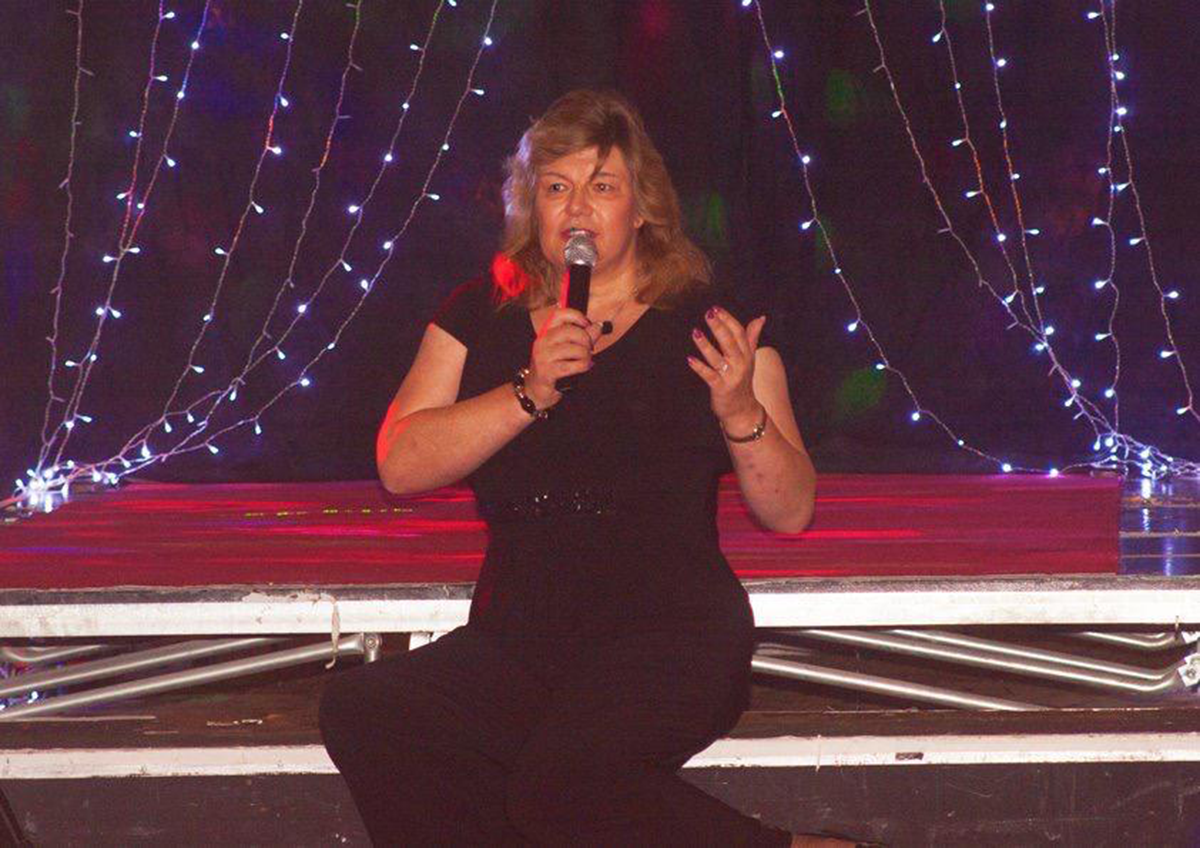
Sue Pascoe shares her story. Credit: Supplied
Then it went beyond that into “I’m more special than you”, which started creating divisions.
I would like us to get back to realising we are all human beings and we are all in this together.
Technological transformation has happened overnight. Those that adapt quickly will thrive. Those that do not will get left behind unless we hold out our hands and bring everyone with us.
Which human right is the most important to you? Why?
Our freedom and our basic humanity are two of the key components of what defines us as individuals.
When we cannot be our authentic selves, our freedom and our humanity is taken away from us. It is like being a slave to society, a slave to our family and friends, a slave to others.
Things are improving in daily life from how they were in the past but sometimes even when society is open and receptive we as individuals may hold the key to our own prison.
Do you have any ideas about what should be done to help heal the divisions in society right now?
We came into the [coronavirus] crisis with widening social injustice and division. We can come out of it with a better society. That, for me, is the opportunity that this crisis gives us that is probably once in a generation.
I think we have a once in a generation opportunity to use technology and the time that we have been given to connect with each other.
Many of us are at home with our families … we can connect with people all over the world and share hope and love and happiness.
This is something we don’t normally do. We could fundamentally change our society – I don’t think it’s very far fetched to say that can happen.

